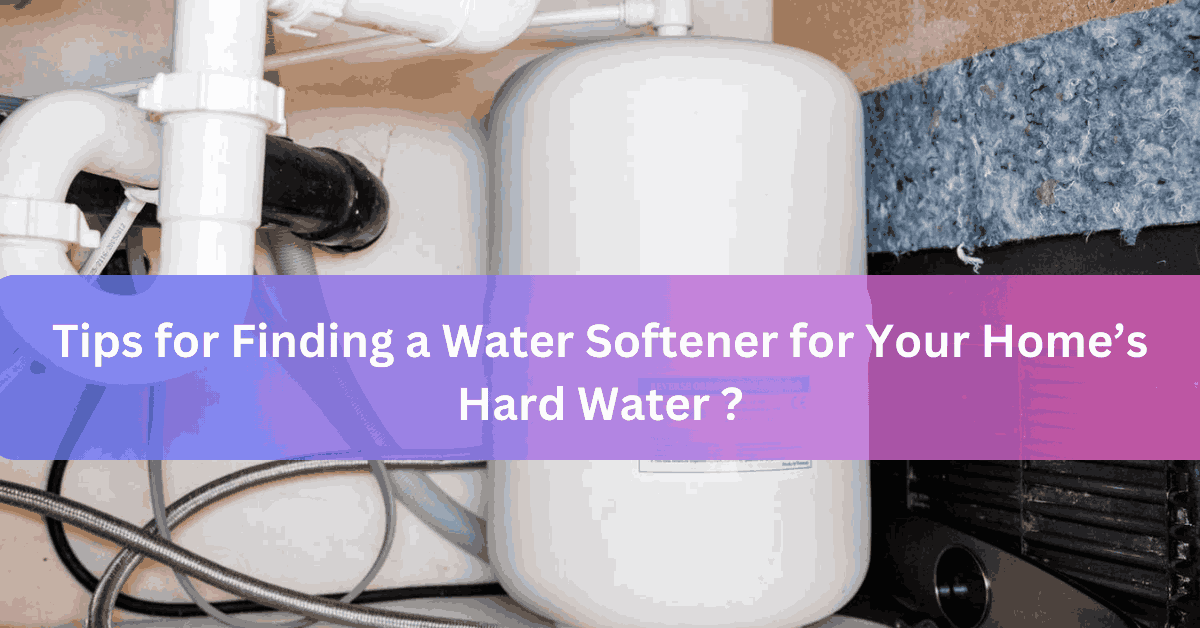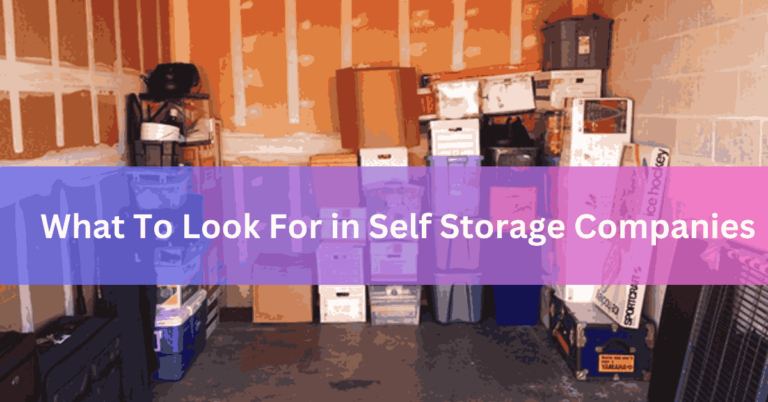Tips for Finding a Water Softener for Your Home’s Hard Water
Hard water may be a common issue in many homes, leading to problems like stained dishes, reduced soap efficiency, and potential damage to appliances. Finding a suitable water softener can effectively resolve these issues, providing cleaner, softer water.
Selecting the right water softener appliance requires careful consideration, which may involve hiring water softener companies. Here are tips to help you find the right one for your home:
Understand Your Water Hardness
Hard water can significantly affect your plumbing system. You can determine the hardness of your water by using a home water testing kit.
Once you’ve established the hardness level, you can set your water softener accordingly, confirming it operates optimally. The correct settings for a water softener depend on the amount of harsh minerals in your plumbing system.
Consider the Size of the Softener
The size doesn’t refer to the physical dimensions but rather the unit’s capacity to remove hardness minerals from the water before it needs to regenerate. This is measured in grains of harsh minerals removed between regenerations.
To determine the right size, consider your household’s daily water usage and the hardness level of your water. Multiply the amount of water used daily by the number of grains of minerals in your water to get the minimum capacity your softener should have.
A correctly sized water softener can efficiently handle your needs without frequent regenerations, saving on salt and water usage.
Choose Between Salt-Based and Salt-Free Softeners
Salt-based softeners can use ion exchange to replace hard minerals like calcium and magnesium with sodium. This can help in reducing scale buildup and enhancing the lifespan of your appliances.
Salt-free softeners condition water by crystallizing these minerals so they don’t adhere to surfaces, thus maintaining essential minerals in your water. Your choice depends on your specific needs and environmental concerns.
Determine Your Daily Water Usage
Whatever the average person uses daily for water consumption, this can be multiplied by the number of people in your household to ascertain your overall daily consumption.
You can multiply the water hardness to find your daily softening requirement with this information. This calculation helps you to choose the appropriate size of water softener for your home.
Evaluate Maintenance Requirements
Salt-based softeners require regular salt refilling, resin tank cleaning, and system checks to confirm they’re functioning properly. The frequency of these tasks depends on your water usage and hardness level. Salt-free softeners, also known as water conditioners, may require less upkeep.
There may be no need for salt replacement, but you may need to replace the media periodically. Reverse osmosis systems may need regular filter changes to maintain their effectiveness.
With the help of water softener companies, you can understand these maintenance needs before a purchase. The information can help you choose a system that fits your lifestyle and commitment to upkeep.
Consult With Water Softener Companies
Before making a purchase, consult with a water treatment professional. They can provide valuable insights into the best brands, models, and installation processes.
They have in-depth knowledge of various water softening systems and can recommend the best solution based on your needs, water hardness level, and budget.
These experts can perform a thorough water test, providing accurate data on your water’s mineral content. They can also guide you on suitable system sizes, confirming efficient operation and resource use.






